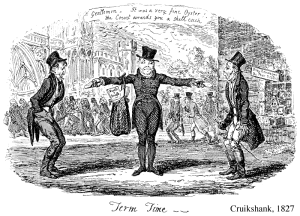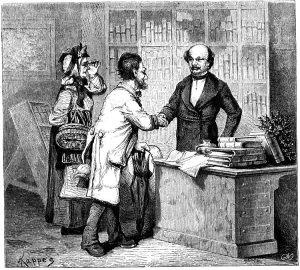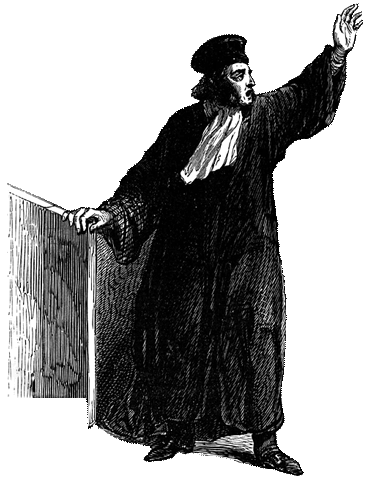What is mediation? There are many forms of mediation but in a nutshell, it means a process by which a neutral person helps people with a dispute to resolve their problem, whether or not it has developed into litigation. This page is a simple overview and a brief explanation as to why Nora could help you mediate your case, whether you are a client or an attorney.
Did you know there are Four Forms of mediation we can use to meet your specific needs?
“Facilitative” is a well-known form of mediation. The mediator helps the parties by asking questions and validating the parties’ feelings and ideas. The mediator avoids making suggestions and merely facilitates the parties’ resolution of the conflict. The parties are therefore in control.
“Transformative” mediation is similar, but the focus is on helping the parties learn, grow and change and does not necessarily result in a decision.
“Evaluative” mediation is essentially what attorneys and clients experience in a settlement conference at court. A neutral (usually a judge) tells each side about the weaknesses of their case. The neutral might say “you have no chance of proving that in court,” or “a jury will likely give you $ if you prevail on that claim.”
“Directive” is the last style and, as the name suggests, the mediator gets really involved, giving opinions and advice, usually because she or he has specialized expertise in the subject matter of the dispute.
All styles have their pros and cons. Some mediators strictly adhere to one style. Others (like Nora) are more fluid. She uses any technique that helps to move the ball forward.
A mediation can be held in one room, with all parties present and hearing everything that everyone has to say. This can be very helpful to breaking down barriers and clearing up misunderstandings. On the other hand, sometimes it’s better to hold a mediation in “caucus,” where the parties are separated and the mediator shuttles back and forth. This can keep the atmosphere calm and promote an environment where parties or counsel feel more free to say what’s on their mind.
Just as Nora adjusts her mediation style based on what she is hearing and learning from the parties, she will keep them together or separate them as needed. Sometimes it’s better for the parties to hear exactly what the other side has to say; sometimes it’s not. A good mediator takes the temperature of the room and acts accordingly.

Nora has mediated a wide variety of matters, including:
- Personal injury
- Business Disputes such as breach of construction contract
- Breach of real estate contracts
- Wrongful termination
- Partnership disputes
- Real estate disputes
Most important: In order to properly call oneself a “mediator,” one needs specialized training from a reputable institution, typically a minimum of 40 hours.
Nora is certified as a mediator by the County of Santa Clara Office of Human Relations.
She completed a rigorous 40-hour training at the Mediation Training Institute, plus additional “on the job” training by participation at various mediations in the community. She has a good track record of settling cases.
If you are interested in learning more about our mediation practice, please click here and contact us.

